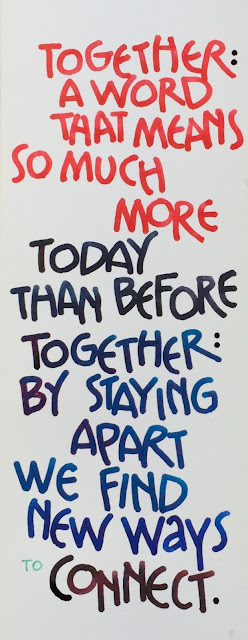Have you noticed how clean the air is these days?
Can you see more stars in the sky at night?
With Earth Day this week, I am reminded of the time when rivers caught fire back East from the industrial effluent flowing into them, and smog blanketed the sky every day in the L.A. Basin so that the San Gabriel Mountains, no more than five miles from my home, disappeared from view. I remember the smell of rotten eggs as we drove near Fontana and the careless way people threw cigarettes out of car windows. I remember how people scoffed at environmentalists. (They still do.)
Earth Day commemorates the actions of such activists as Dennis Hayes, Congressman Pete McCloskey of California and Wisconsin's Senator Gaylord Nelson, who helped bring about the Clean Air Act of 1970 (signed by President Nixon) and the changes in our culture that gives us the right to clean air and water. We are in an era when those rights are being challenged once again.
In the last few months, our eyes have been opened to the possibilities of progress. We have seen photos of the clear skies in India allowing views of the Himalayas that have been shrouded by smog for the last 50 years. We've seen the satellite photos of the clear air above Wuhan, China, during their SIP, and the cleaner water in Venice, Italy. Locally, the birds in our area fill the silence and sing louder than before, and animals are taking back areas of our national parks and other places usually crowded with humans.
For a brief moment,
we have a clear vision of how our polluting ways could be changed
to save our planet for our kids and grandkids.
Read more about Earth Day:


























